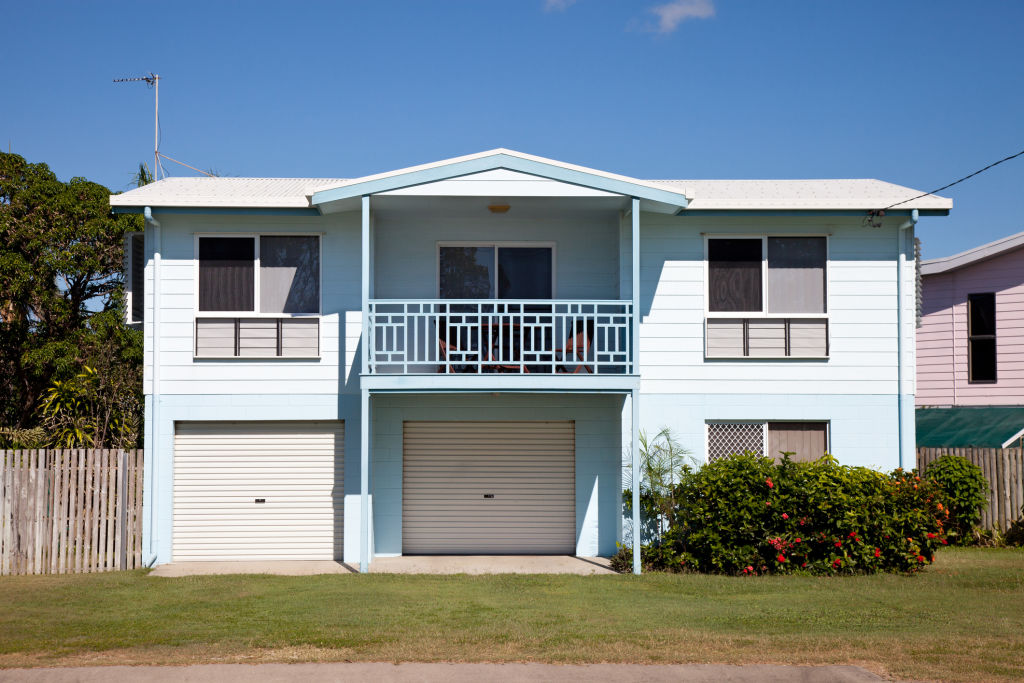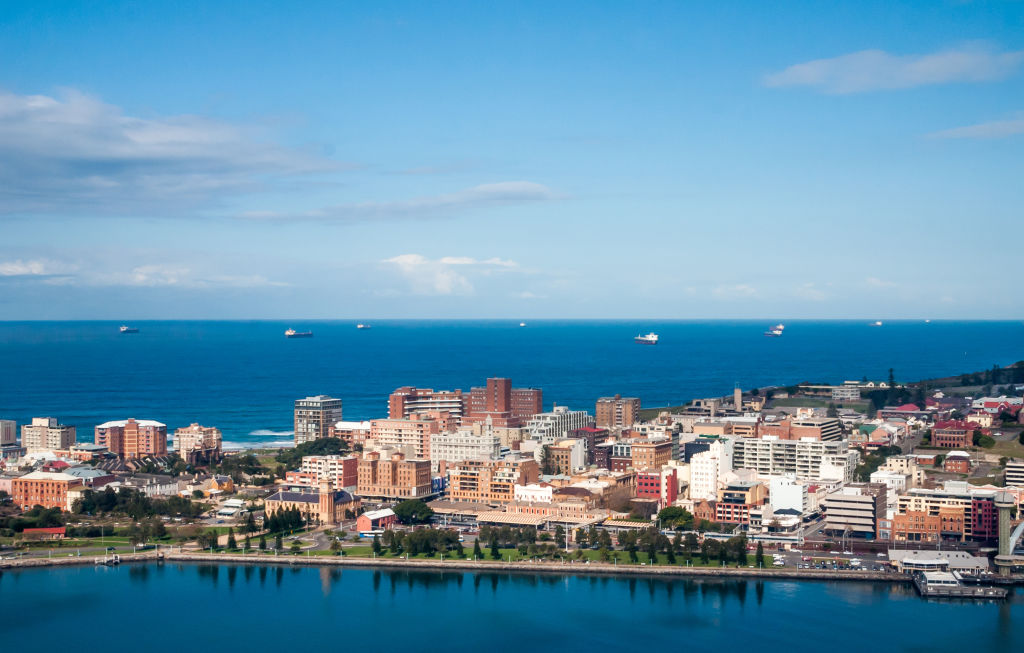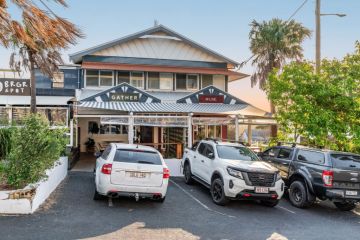Should you offload your investment property or ride out the storm?

There’s no disputing the fact that the COVID-19 pandemic has turned the world upside down, and the property market is no different.
As Australia moves into a recession and individual financial positions are challenged, many investors are left wondering whether now is the time to exit the market, or if they should weather the storm for a positive long-term outcome.
It’s a confusing time, with experts offering conflicting market forecasts of both the rental and sales markets.
But, as with most major decisions in life, there are pros and cons to both options, which should be weighed up next to individual circumstances.
Reasons to sell an investment property
Drain on cash flow
“The decision to sell or hold largely depends on the property type, its current impact on your household budget, and the two- to three-year outlook for your specific city,” says Simon Pressley, head of research at buyer’s agency Propertyology.
“From a financial perspective, COVID-19 is a cash flow squeeze, plus it’s created some structural changes which I think are here to stay.
“Those who own expensive properties worth more than, say, $800,000 might also be wise to consider divesting.”
According to Mr Pressley, investing in lower-priced assets in different locations is a financially safer option, with benefits including higher demand through improved affordability, risk mitigation through diversification, and better cash flows
“(But) if you own an investment and the gap between annual rental income and expenses is more than, say, $5000, the scales are tipping towards a decision to sell.”

Reduced desire for high-density living
Well before COVID-19 took hold, some property experts expressed concerns about high-density apartment investments, but in a post-coronavirus world, the appeal of the apartment lifestyle may decline.
“When compared to a meat-and-potato suburban house, apartments have grossly underperformed over the last decade for a variety of reasons,” says Pressley.
“Most Australians have taken a critical review of lifestyle priorities during the three-month lock-down, and we believe there’ll be prolonged reduced demand for inner-city apartments.”
Why you should hold onto an investment property
Improved outlook for the economy
While the economic fallout of the coronavirus pandemic has seen both buyer and seller confidence drop, prompting a subsequent dip in property listings, the outlook in large parts of Australia has improved from earlier dire predictions.
While the full effects of COVID-19 on rent levels and vacancy rates are still yet to be fully measured, REIQ chief executive Antonia Mercorella says recent figures released for the first quarter of 2020 indicate a strong rental market.
“On the back of relatively solid property price performance across most regions, rent levels have mostly increased,” she says.
“This is reflected in vacancy rates too, which are mostly extremely tight.”
According to Mr Pressley, investment properties in major regional cities that have diverse economies, quality lifestyles, and sub-$450,000 median house prices, are worth hanging onto.

Property is a long-term investment
“Owning an investment property isn’t as simple as ‘buy on a low and sell on a high’ in order to make the most amount of money,” says Ms Mercorella.
“Understanding real estate cycles is critical to any property investment as it will provide you with a guide as to its financial performance over time including capital growth.”
“However, no matter how much you calculate the performance of a property investment, fluctuations of the housing market, as well as local and international economies, regulatory changes to banking and taxation, socio-economic and demographic changes and natural disasters, all of these things can affect your investment and influence your decision to sell.”
But acting rashly in the face of unexpected or dramatic circumstances isn’t necessarily wise in the long run, particularly if you have the cash flow to ride out the storm.
“If you sell an investment property too early you will potentially miss a property price cycle peak and fail to maximise your capital growth return,” Ms Mercorella says.
“Ultimately, property investment is a long-term strategy.”
We recommend
We thought you might like
States
Capital Cities
Capital Cities - Rentals
Popular Areas
Allhomes
More







